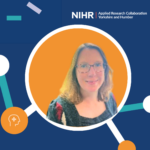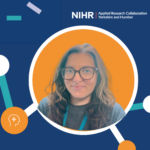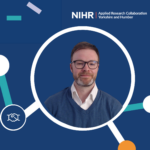Promoting Positive Adolescent Mental Health (PPAMH!) for School Climate: protocol for a feasibility randomised control trial in secondary schools
PPAMH! (‘Promoting Positive Adolescent Mental Health) for School Climate encourages a positive environment to support student wellbeing. A ‘well-being mentor’ will work in each school for half of the week. They will do whole-school activities such as assemblies, peer group activities such as workshops, and one-to-one activities with pupils. The intervention focuses on aiding pupils to have their say on school policies and curriculum by creating a participative school environment.
Interventions using a similar approach have been done in India and Australia. We think that PPAMH! could improve student attendance. The research trial in India found that it reduced bullying and feelings of depression. We will adapt the trial to be suitable for schools in Bradford through workshops with students and staff.
This initial trial will involve six secondary schools in Bradford. Schools will be randomly chosen to either being a control school or to receive the intervention. The main outcome is the successful running of the intervention in the schools, for example looking at how many activities were completed and by how many students. We will not study the effect of the intervention on school absences or other aspects of wellbeing. We will interview school staff members who are involved in providing the intervention in the schools and the well-being mentors. This will tell us about barriers to the intervention, how these could be overcome and changes that schools make to the intervention. We will also see how well we are able to access the data we plan to use in the full trial, which is school absences (from routine educational data) and mental health data such as depression and anxiety symptoms (via student surveys). We will plan to do a full trial if the feasibility trial shows the PPAMH! intervention can be successfully set up in schools.
Details:
Theme:
Author(s):

Research Fellow

Research Associate

Director

Theme Co-Lead

Implementation Specialist